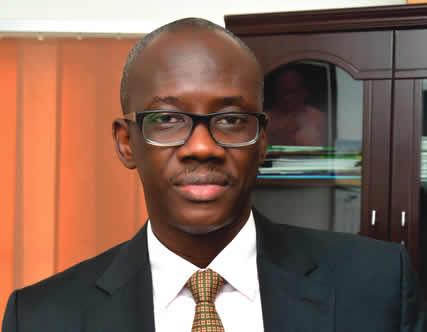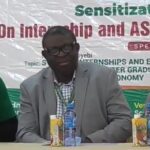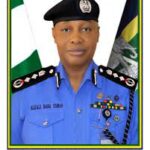By Stella Omona

As parts of efforts towards ensuring proper media covering of the 2023 general elections, International Press Centre (IPC) on Tuesday, conducted a one-day capacity-building workshop to train bloggers and online journalists on conflict-sensitive reporting.
Participants were trained on conflict sensitive reporting skills and methodologies in covering campaigns and elections, hate speech election in reporting, the Nigerian media code on election coverage, safety of Journalists and 2023 elections and the imperatives of professional reporting online.
According to the organisers, the overall objective is to strengthen the media for fair, accurate, ethical and inclusive reporting of the electoral processes and elections and in particular, to mitigate perceived and anticipated issues of spread of hate speech Online and other forms of non-conflict sensitive reporting.
The Chief Press Secretary to the Chairman of the Independent National Electoral Commission (INEC), Rotimi Oyekanmi in his opening remarks lamented how the commission has suffered 50 unprovoked attacks between 2019 and 2022, stressing that fake news have been a major concern to the operations of the commission.
‘Lets remove religion and ethnicity factors from our reports, they puts our staff in danger and difficult situation. Facts must be checked before publishing,” he stated.
The Executive Director of IPC, Lanre Arogundade, called on journalists and online bloggers to embrace the Nigerian media code on election coverage as a guide for reporting the 2023 elections.
He also canvassed that the participants should make politicians provide proofs of accusations made while campaigning or refuse to publish the story.
He equally opined that the media should mandate elections candidates to sign an anti-hate speech memorandum before interviewing them.
One of the resourced persons, Communication lecturer at Bayero University, Kano, Ruqayyah Aliyu stressed that the media most embrace açuraracy, objectivity, fairness, balance and professional ethics in reporting elections.
While noting the role of the media in entrenching democracy and reduce elections violence and conflict to the bearest minimum, she enjoined journalists to have knowledge of the Electoral Act and deploy technology to access information and data.
“Responsible journalism should be in place so that our conflict does not degenerate to something very big and destructive which will have negative effect on the nation’s development.
“The content should be peace-oriented. The report should propagate peace. Avoid name calling of political parties in an incitingful manner as not to trigger conflicts”, she stated.
Another resourced speaker Yunusa Yau Zakara spoke on hate speech in election reporting.
He said if not well managed hate speech can close the space for critical criticism.
“Hate speech can manifest in form of incitingful comments against religion, ethnic group or linguistic affiliations or the intimidation of women and girls and persons living with disability”.
Yunusa listed five parameters to identify hate speech as; a powerful speaker with a great influence on the audience, an audience with greviances, a call to action urging the audience to accept, condone or commit violence, a social or history context to the violence and a credible channel of information to disseminate the hate speech.


